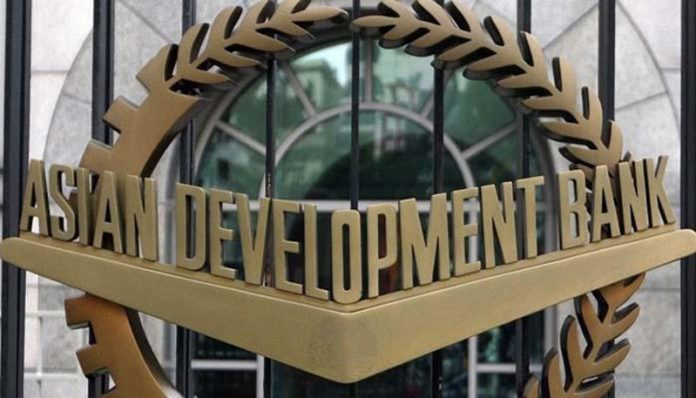ISLAMABAD: The Asian Development Bank (ADB) and other multilateral development banks support policy reforms in countries in Asia and the Pacific, in addition to regular lending for financing infrastructure and other development initiatives.
At ADB, policy-based lending has grown to an average of 20 percent of total annual sovereign loan approvals, but accounts for nearly 30 percent of its annual loan disbursements, said an evaluation report issued by the ADB on Tuesday.
Policy-based lending is aimed at incentivizing borrowing governments to carry out difficult policy and institutional reforms to advance development, while also helping them meet budget needs. ADB’s expertise often provides important technical support in assisting governments to prepare and implement needed policy actions.
A new evaluation by the ADB’s Independent Evaluation Department finds policy-based lending is helping to meet country financing needs, but it is delivering uneven results on reform outcomes, which needs attention.
“Policy-based lending provides ADB and other development banks with an opportunity to work with countries on reforms to promote economic growth and reduce poverty, so it has a high potential impact,” said the Director-General of Independent Evaluation at ADB, Marvin Taylor-Dormond. “This type of lending supports governments in Asia and the Pacific, and countries value the policy advice from ADB’s cross-country expertise, based on its work in many countries of the region.”
An important incentive for governments to tap policy-based loans—which can be quickly disbursed—is that they can meet immediate and anticipated budget and balance-of-payment financing needs. The evaluation shows that during the global financial crisis, demand for these loans was heavy and the support effective, with ADB’s policy-based lending totaling $27.1 billion in the 2008–2017 evaluation period, up from $18 billion in the previous decade.
Examples of how policy-based lending has contributed to reforms include measures to increase local government revenues, promote public-private partnerships to help narrow large infrastructure gaps, reforms to reduce costly fuel subsidies, and policies to help governments turn around loss-making state-owned enterprises, and in some countries, policy-based lending has been used to help develop more active capital markets.
The success rate of ADB’s policy-based lending operations doubled to 80% during 2008–2017 from the previous decade. The evaluation, however, raised concerns on whether the reforms supported tackled the region’s most urgent policy priorities, and whether the policy actions supported by ADB were in themselves critical for removing constraints to growth and poverty reduction, the overall purpose of policy-based lending.
The evaluation period saw a shift in the policy-based lending of ADB and other multilateral development banks toward reforming public-sector management, which reflected a growing need for strengthening service delivery and public financial management systems in many developing countries. That shift also reflected ADB’s move away from using policy-based loans for more challenging reforms in sectors that may have potentially bigger impacts in promoting economic growth and reducing poverty and that are more aligned with its traditional areas of investment and expertise, such as energy and water supply. Indeed, ADB provided less support through policy-based lending in the evaluation period for reforms in transport, energy, and water supply and sanitation, sectors that are major constraints to economic growth and poverty reduction in many countries in Asia and the Pacific.
Noting that policy-based lending is primarily used in larger and better-off countries whose institutions are more capable of handling reforms, the evaluation makes a case for ADB to use policy-based lending to also support reforms in poorer and more fragile countries to help lift overall development in the region.
“Policy-based lending has the potential to advance the reforms that will be needed to tackle Asia’s many persistent and emerging development challenges,” said Ms. Joanne Asquith, team leader for the evaluation. “But donor funds, in general, are limited, so the right reforms and policy actions need to be identified and agreed on. ADB must focus on the critical reforms it wants to influence and countries must be fully committed to implementing them.”
Lending for policy reforms is critical for development in Asia, Pacific, notes ADB evaluation




